Sustainable Tourism Comes to Greece
Sustainable Greece, a new platform launched by Greek National Tourism Organisation in the UK, uploads inspirational stories to promote and celebrate sustainable tourism in the region. The aim is to encourage citizens of the UK to explore Greece in ways that bring attention to local communities and the beauty of their natural surroundings. Incredible Greece presents some of those stories.
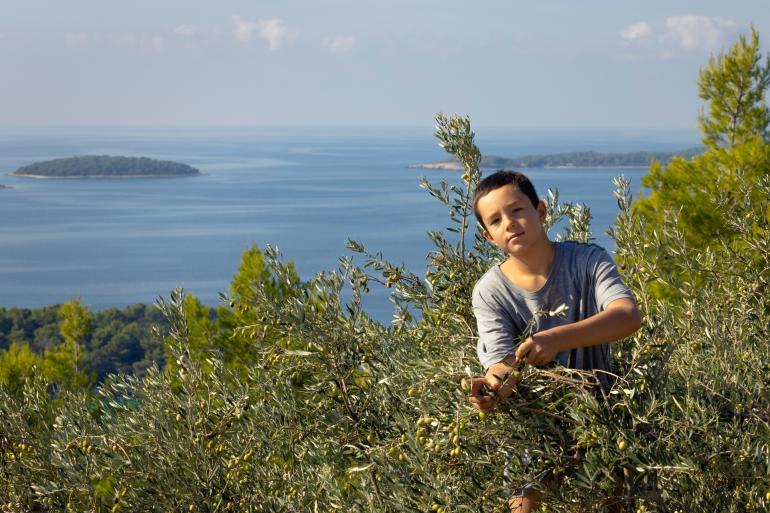
Crete: Living Like a Local
Venetian harbours, cobbled streets, the Minoan palace of Knossos, a wealth of ancient treasures and tranquility compose an image of Crete. With the above in mind, Intrepid Travel, in collaboration with MEET, a non-profit organisation, created a seven-day sustainable adventure for travellers who love quiet corners and secret spots. This original journey includes many exciting stops. An evening in the seaside village of Agios Ioannis allows visitors to chat with locals while drinking honeyed raki (the local brandy), enjoy traditional music and rest in rustic guesthouses. A hike in the spectacular gorge of Agia Irini, a visit to the small, relaxing fishing village of Sougia (a hangout for hippies and nudists in the 1970s) and a stop for authentic Greek cuisine with wine in the colourful port of Chania complete this unique experience.
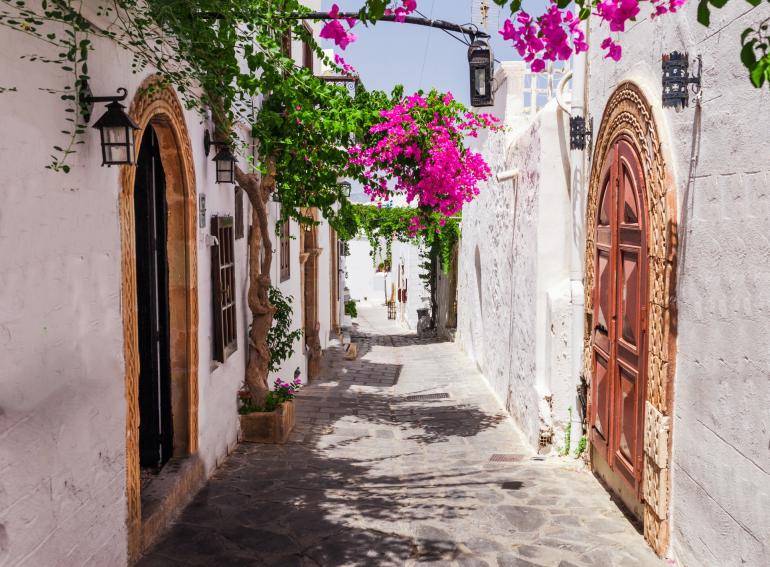
Rhodes: A Global Model of Sustainable Innovation
On the largest island in the Dodecanese, the abundant natural beauty, medieval buildings, tradition and cosmopolitan aura form a whole, an image and reality that has been attracting thousands of visitors for decades. Today, Rhodes - the historical stronghold of crusaders, in collaboration with Travel & Tourism - TUI, is carving a new future for sustainable tourism by launching The Rhodes Co-Lab, a project aiming to transform the island into an international model of sustainable tourism: the first of its kind in the region. The project will focus on four fronts: implementing a circular economy, restoring ecosystems to protect their biodiversity, creating green economic growth and benefits for the local economy and reducing air, water and soil pollution. Rhodes intends to be a cultural blueprint for other destinations, demonstrating that a place can reap the economic benefits of tourism while respecting the environment.
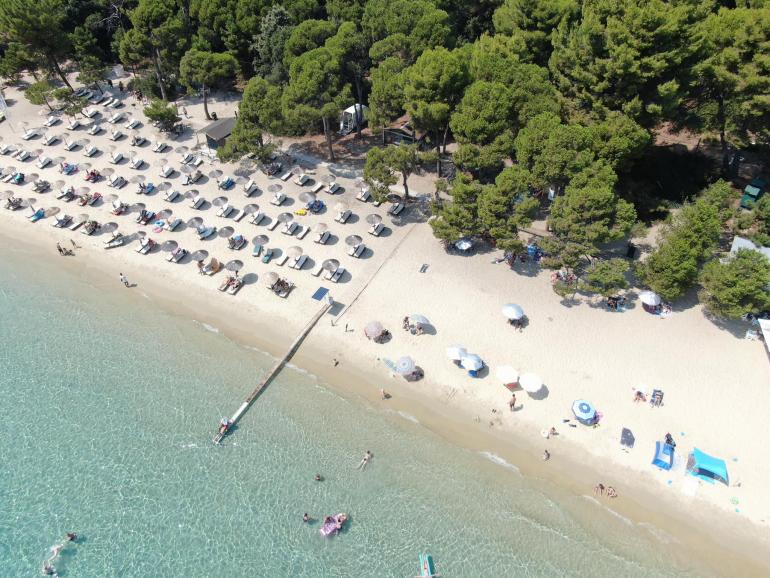
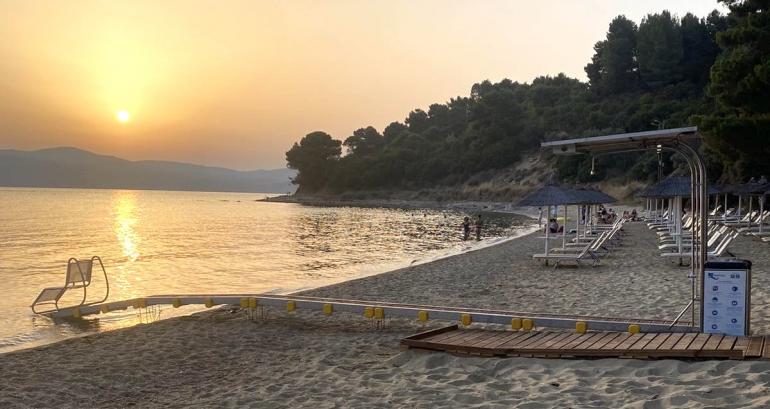
Skiathos: A Sea Accessible to All
Gaining fame and international recognition as the setting for Mamma Mia, Skiathos dazzled audiences with its natural beauty. Today, the island is garnering additional admiration for its social awareness of people with disabilities. With the installation of Seatracs ("smart" ramps) in Koukounaries, Agia Paraskevi, Agia Eleni and Megali Ammos, four famous beaches on the island, Skiathos has ensured access to everyone. These innovative ramps are designed for people with mobility issues, allowing them to enter the sea independently. It is noteworthy that the ramps utilise solar panels, making them autonomous in their energy requirements. They are removed from the beaches at the end of the summer, returning them to their natural state.
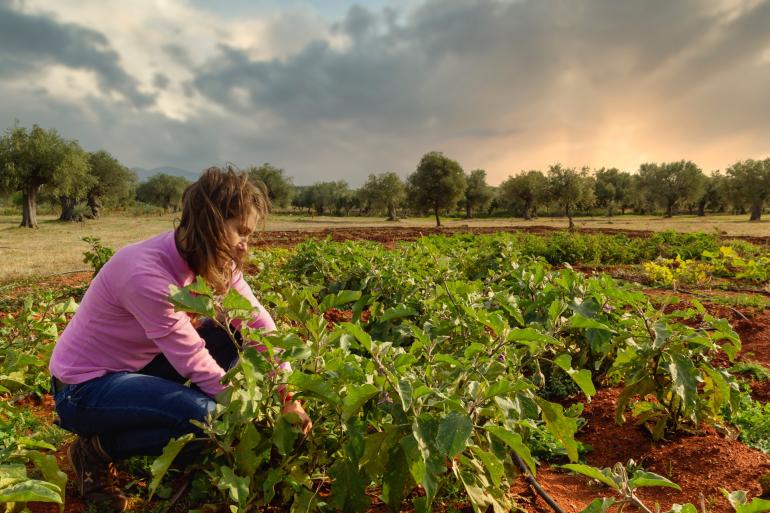
Thessaloniki: Waste Little – Enjoy More
Recognised by UNESCO for its creative gastronomy, Thessaloniki has an abundance of fresh seafood, produce and other natural products: sweet pine tree honey and yoghurt are examples. The authenticity of the flavours derives from a fusion of Greek, Balkan, Turkish and Israeli influences energising a thriving culinary industry employing thousands. Mother nature has blessed the region with ideal conditions for farming olives and grapes. The city benefits from sustainable consumption; food does not have to travel far to reach the table, thus minimising shipping and handling, which are harmful to the environment. Among other initiatives of sustainability emerging in Thessaloniki are home composting and the environmental action plan, FoodTreasure. Through partnerships with municipalities, schools and the public, the project aims to drastically reduce food waste and create ways to reuse organic matter in forms that will aid local producers.
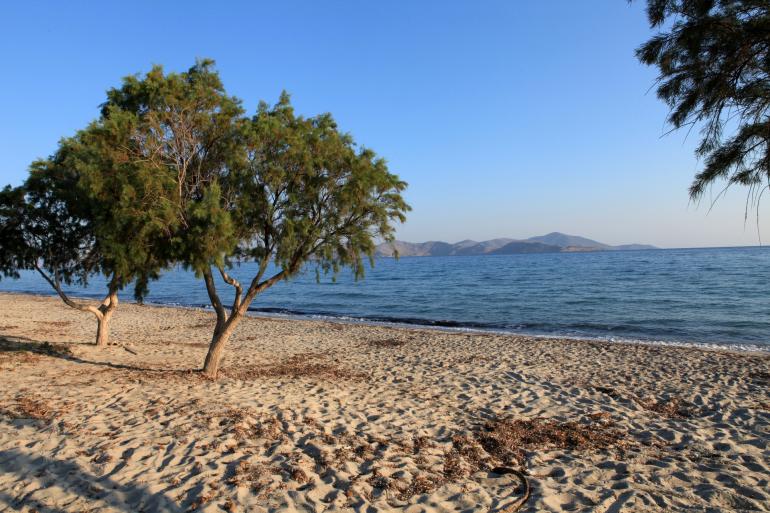
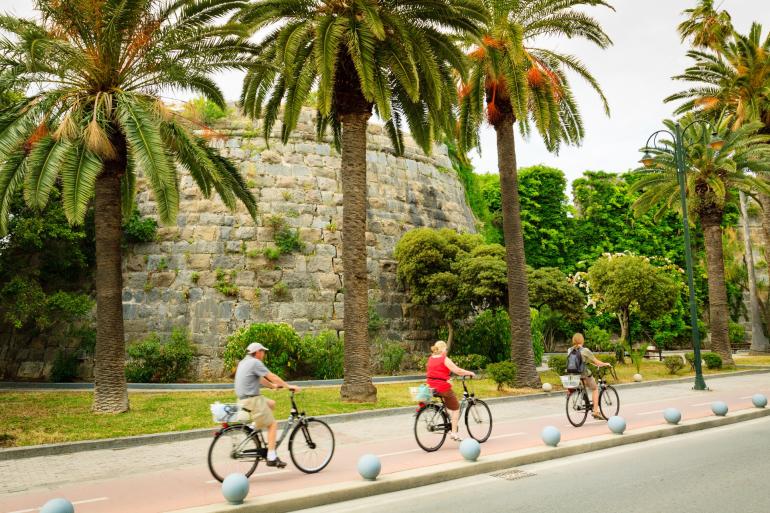
Kos: The Island of Bicycles
With 14 kilometres of designated cycle routes and a network of trails for riders of all abilities in varied terrain, from paved roads to mountain biking through stunning scenery, Kos - home to 6500 bicycles - is the island to explore on two wheels. Its cycling identity promotes a way of life, an alternative means of tourism benefiting the health of individuals and the environment. Compared to motor-driven modes of transportation that consume petrol and other fuels polluting the environment, bicycles require few materials to build, are self-propelled and do not cause traffic jams! The benefits of cycling are so numerous that the government is creating a National Coordination Centre, EuroVelo, to promote cycling in tourism throughout Greece.
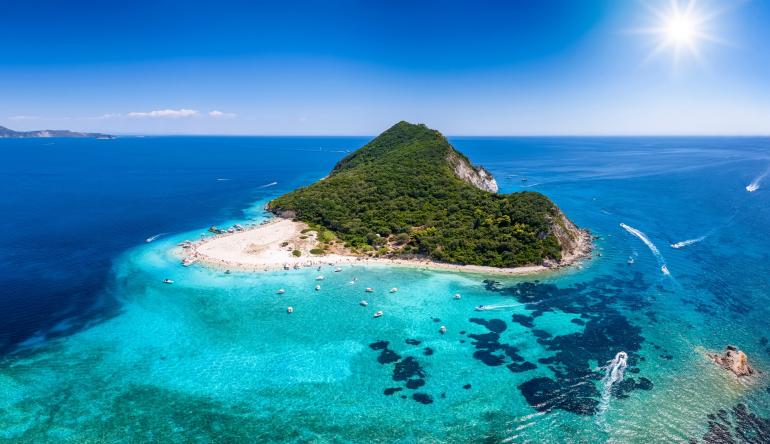
Zakynthos: The Turtles Return Home
There is no place like home. For Caretta Caretta sea turtles, there is no better home than Zakynthos, the largest nesting site for the species in the Mediterranean. Eighty percent of female turtles return in summer to lay their eggs on the same beautiful-golden beaches where they were born. Therefore, it is paramount to protect their nesting grounds for the species to thrive. In these regards, the National Marine Park of Zakynthos is progressing their efforts in strides. Archelon, the Sea Turtle Conservation Association, welcomes volunteers of all ages and nationalities yearly to participate in their conservation programme in Laganas from the beginning of May to mid-October. Tasks include daily patrols of beaches known for the reproductive activity of turtles and constructing specialised shading structures to help guide hatchlings into the sea in areas where artificial lighting from street lamps and businesses can disorient them when they emerge from their nests. What is more beautiful than fighting to save an endangered species of sea turtle in the stunning surroundings of Zakynthos?
Advertorial - GNTO -

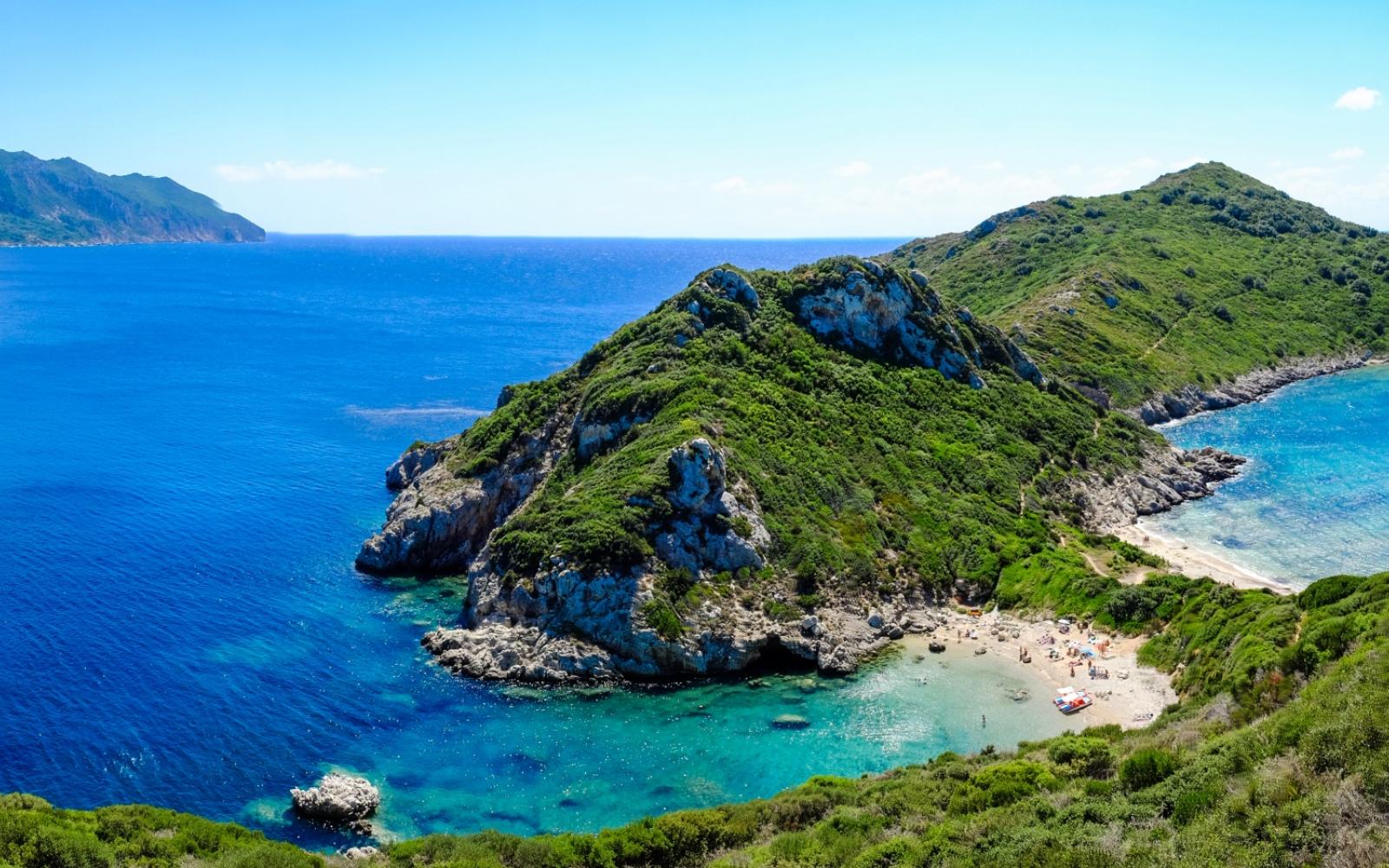
YOU MAY ALSO LIKE
The Legacy of Ernst Ziller
Mitos : The Thread of Greece
The Northern Miracle